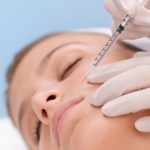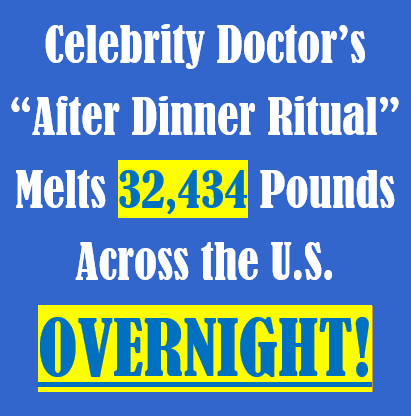Cosmetic surgery has become increasingly popular in recent years, as more and more people seek to enhance their appearance through medical procedures. Whether you want to improve your figure or simply look younger, there are many different types of cosmetic surgeries available that can help you achieve your dream body. Here are some of the most popular types of cosmetic surgery:
1. Liposuction – This procedure involves removing excess fat from specific areas of the body using a suction device. It is commonly performed on the abdomen, hips, thighs, and arms.
2. Breast Augmentation – Also known as breast implants, this procedure involves inserting silicone or saline implants into the breasts to increase their size and shape.
3. Tummy Tuck – A tummy tuck, also called an abdominoplasty, removes excess skin and fat from the stomach area and tightens the muscles for a flatter, smoother appearance.
4. Facelift – A facelift, also known as rhytidectomy, is a surgical procedure that improves visible signs of aging in the face and neck by lifting and repositioning facial tissues.
5. Nose Job – Rhinoplasty, or nose job, reshapes the nose by altering its bone structure, cartilage, and/or soft tissue.
6. Eye Lifts – An eye lift, also known as blepharoplasty, reduces sagging eyebrows and droopy upper lids, giving eyes a brighter, more alert appearance.
The costs of cosmetic surgery vary depending on the type of procedure being performed and the geographic location of the practice. On average, liposuction can cost between $2,000-$8,000, while breast augmentation may range from $3,000-$7,000. A tummy tuck typically runs between $5,000-$10,000, while a facelift can cost anywhere from $5,000-$20,000.
Recovery time after cosmetic surgery varies based on the individual’s health status and the extent of the procedure. Most patients experience swelling, bruising, and discomfort during the first few days following surgery, but these symptoms usually subside within two weeks. Risks associated with cosmetic surgery include infection, bleeding, scarring, and adverse reaction to anesthesia. However, these risks are minimized when patients choose experienced, board-certified plastic surgeons who follow strict safety protocols.
Here are some frequently asked questions about cosmetic surgery:
1. What is the difference between cosmetic surgery and plastic surgery? While both terms refer to surgical procedures used to enhance physical appearance, “cosmetic” refers specifically to elective procedures done solely for aesthetic reasons, whereas “plastic” encompasses all types of surgery involving the repair, reconstruction, or replacement of damaged or missing tissue.
2. How do I know if I am a good candidate for cosmetic surgery? Good candidates for cosmetic surgery are generally in good overall health, have realistic expectations about what the procedure can accomplish, and understand the potential risks involved. They should also be free of any underlying medical conditions that could interfere with healing or recovery.
3. Will insurance cover my cosmetic surgery? Insurance companies typically only cover medically necessary procedures, so cosmetic surgery is rarely covered unless it is deemed essential for medical purposes (such as correcting a congenital defect). Patients must pay out-of-pocket for elective cosmetic procedures.





